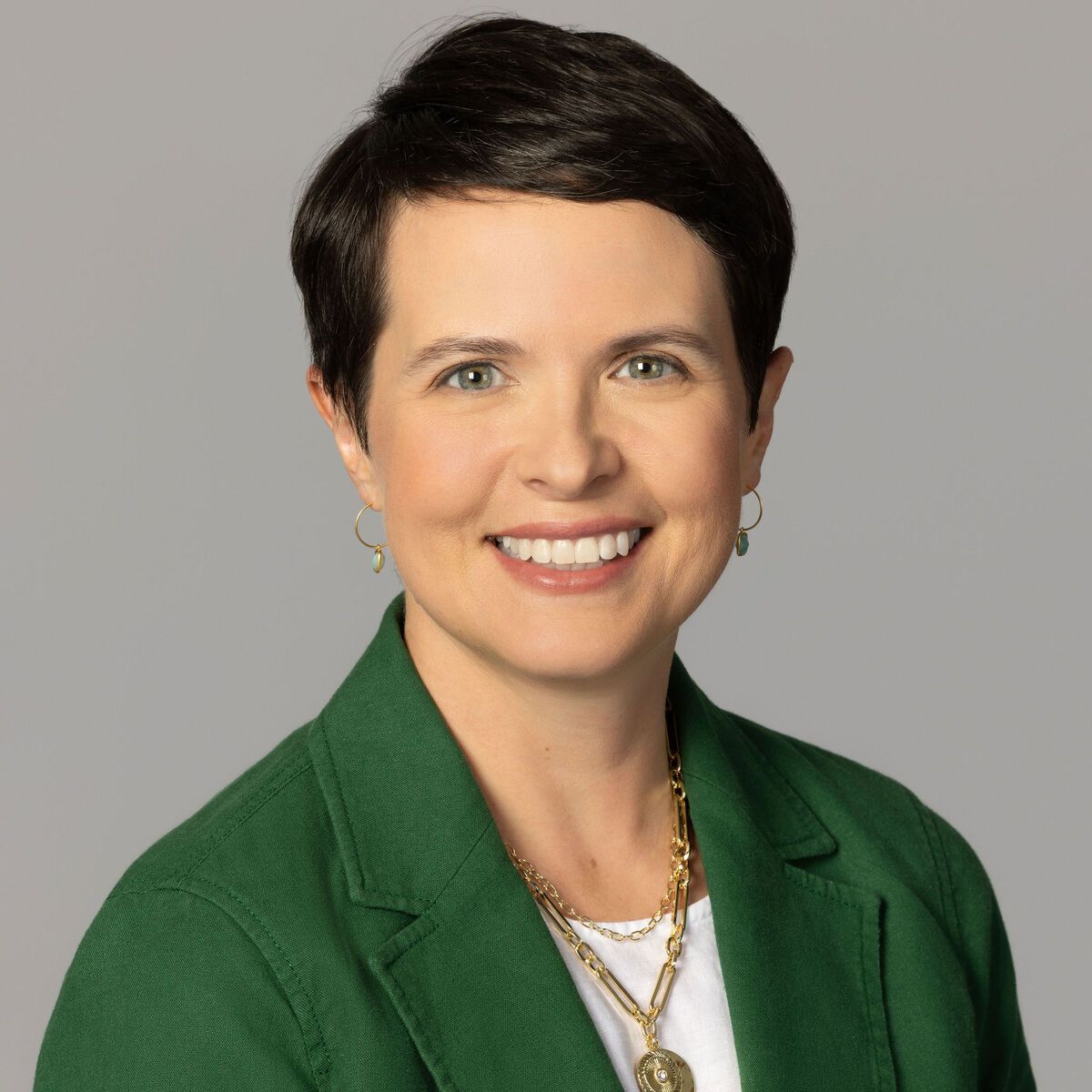It’s been said that despite how different the many religions of the world appear from the outside, when you dive deep you find they’re aiming at the same thing. I think this is a useful analogy for the development of one’s research career.
As students preparing for our future careers, there was a lot to learn—lab methods, data analysis, theories, or drafting reports, for example. As a science or engineering major, your homework looked different from that of a friend studying journalism or fashion design. Those peers were likely learning how to pitch stories, interview sources, or critique design concepts.
As you advance, you find that career advice across fields and industries looks increasingly similar. In the video linked below, I reference a YouTube talk in which an investment banker presents career advice to students at the University of Virginia School of Law. As I listened, it struck me how much of that advice applies to our clients at Wise Investigator.
Three takeaways:
Broaden your definition of what’s relevant. Don’t restrict your professional development to resources overtly targeted at academic scientists and engineers. Yes, there are many excellent field-specific resources—this newsletter included. Also look beyond our sphere when choosing podcasts or books to broaden what you follow. Take Stephen Covey’s The 7 Habits of Highly Effective People. Its title makes clear the guidance isn’t limited to traditional careers: highly effective people come from all domains of life, including those without formal employment.
Recognize your actual professional status. After completing your postdoc (or two) and landing an assistant professor position, you’re often labeled “junior” or “early-career.” While those terms may be technically correct in context, outside the academy you’d be viewed as mid-career and a respected expert. In academia, it can feel like you’re back at the bottom. You’re not. If you see yourself as “junior,” you may follow advice meant for an earlier stage. Rather than focusing only on technical short courses, look into training in leadership, team building, communication, and executive presence. You already are a leader in your field—even if you’re “just” an assistant professor without tenure.
Select one or two leader-level skills to work on. It can be overwhelming to develop everything at once, but you have your whole career to do that. For now, choose one. Pick the one that sounds most exciting (or a strength to double down on), or a weakness you want to shore up. Or take a pragmatic approach and watch for opportunities in your institution’s professional development offerings.
In summary, recognize now, rather than later, that careers converge on a small set of universally relevant fundamentals: relationships and interpersonal skills; communication (including persuasion); managing competing priorities; building teams; and effective leadership.
Years from now, when you reconnect with your college friend who built a career in journalism or fashion design, you may find that your paths—especially in the later years—were more similar than you expected. In the end, we’re all trying to move the work forward. Go for it.
I’ll be guest speaker this Wednesday on a webinar hosted by ScientifyRESEARCH and Overton. Register now if you’d like to check it out!
Nothing ever goes away until it has taught us what we need to know.
Why reinvent the wheel? Our proven system for research funding success
As you navigate the research funding process, you don’t have to reinvent the wheel. At Wise Investigator, we’ve built a proven system that takes the guesswork out of funding and saves you time, frustration, and wasted effort. In this week’s video, I share why systems matter—and how ours can help you win.
When you are ready, here’s how we can help
Need to get your research funded, this year? Check out our 12-week program to get you there.
Check out our storefront where you can access our free Unlocking DOD Funding for University Researchers course and other resources, including for faculty applicants.
Ready to book a call to discuss how our program can support faculty at your institution? Let’s chat!


